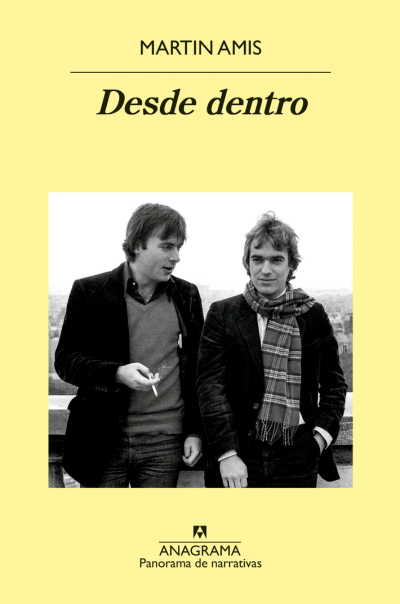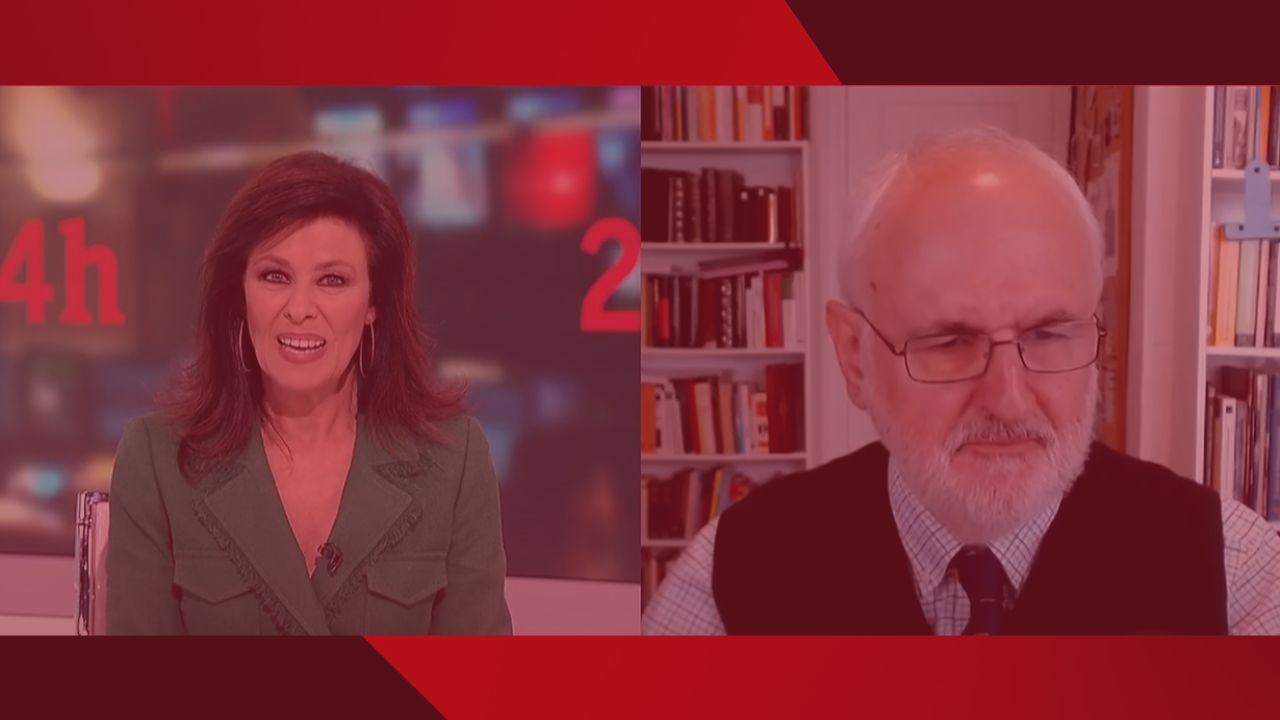Political parties are one of the human organizations that probably cause the most frustrations. They constitute the channel of expressing idealism and hopes for the improvement of people’s lives who believe in parliamentary democracy. Therefore, political parties’ limitations and imperfections hurt. Both The Economist and the academia —e.g. Yasha Mounk—, put forward a trend which consists of questioning the health, and even the future, of liberal democracy, with its combination of representativeness of the will of the majority and protection of inviolable individual rights, its independent institutions and its separation of powers. Some of the alleged causes are short-term —e.g. the economic crisis called into question liberal democracies’ ability to generate and preserve prosperity—, other causes are those typical of the entropy of any system, insofar as it requires reforms and adjustments; and finally there are others who point out design-based limitations. The observable truth is the growth of the so-called ‘iliberal’ movements, which reject the legitimacy of the current system, among other things, for not respecting the popular will.
Within the framework of modern liberal democracy, political parties have a fundamental role. They are the link between citizens and the decision being made, because we have not yet found a way to improve parliamentary or representative democracy. In this model, a group of trained people deals all the time with tones of information, deliberates and resolves all those issues in which others are not —and cannot pretend to be— experts. Citizen participation, thus, consists of selecting those who do know. The consolidated mechanism to achieve this involves choosing between lists of ideologically homogeneous candidates. And the channel to build those lists are political parties.
As a consequence of the above, these formations are also key in the configuration of the Executive. Therefore, the way they function internally, and how these lists are made, is decisive, both for the health of representative democracy and for the effectiveness of the system.
Any party is a tool to change society, and also a compromise between incompatible needs. On the one hand, it must be monolithic to be able to execute a global political vision, but it also has to give space to particular visions and have the flexibility to adapt to the thousands of cases —town halls, councils, autonomous communities— in which conditions differ of the general elections. It has to be a hierarchical tool, for the sake of efficiency, but to be able to identify and implement the best ideas of all in pursuit of efficiency. It must motivate its members, recognizing participation and qualification, but also when appropriate, adopt third parties that provide tactical advantages or great qualification. In short, they should both blow and sip.
Political parties are a tool to change society, and also a compromise between incompatible needs
Besides, let us face it, a party is a group of individuals. And human beings form groups by temperamental or cultural affinity, not just ideological. They tend to rely on whoever shows them appreciation, may they be right or wrong in their approaches. They seek the support, necessarily, of those they know, and the number of people who can be known by one given person is fairly limited. Getting out of those parameters is possible, but it takes a lot of effort, which is something that not everyone can or wants to assume. For all these reasons, any party leadership tends to be less porous and representative of its own organisation than one would expect.
Each party finds a way to balance these impossible demands. Some give an enormous weight to affiliates, but then when they vote, their opinion is not taken into consideration that much. Hence, the power is concentrated in the leadership. Some other parties directly remove important decisions from the hands of the bases. And some others use representation models so complicated that they are easily manipulated by the hierarchy. To avoid accusations of partisanship, let the reader assign these different patterns at will.
We talked before about the electoral lists, which, in Spain, when it comes to elections, are closed. The party apparatus defines them, with different mechanisms at the time of, once again, getting the bases involved. In any case, this is a mechanism that restricts the appearance of ‘spontaneous’ people to a minimum. The only difference between formations lies in whether the device that controls the lists is national or autonomous… and the degree of transparency of the structure. In short, there is no national party that can be said to build its lists directly and completely by choice its of affiliates, and without direct interference.
On the other hand, it is logical. I have already said that a party constitutes a tool of power to change society. That phrase hides a subject: a platform of power for those who run the game to change society. If this platform has to channel that action in the institutions through people that its leadership neither chooses nor knows, effectiveness will shine by its absence. Because a group of people chosen in this way —not by arbitrary appointment— cannot be ideologically homogeneous or ordered at the hierarchical level, since the candidates do not owe their position to those who lead the party, but to those who elected them. A really emergent leadership guarantees conflict, at least ideological, and normally, also among group of those who are closer.
The funny thing is that, when talking about what democracy should look like —and when there are parliamentary initiatives to discuss the reform of political party law or the way these are funded—, all formations speak of the need for primaries and internal democracy, even further of what the Constitution marks as mandatory. And, probably, everyone is being honest, despite the added management complexity that something like that implies. In an ideal world, this is how things should be.
In the world we have, this is what there is. Political parties are an imperfect tool. And these imperfections are problematic because they reduce the ability of parties to exercise their role of representing the popular will, as well as their effectiveness in the exercise of that delegation.
Fortunately, only some of those imperfections are inevitable. Most of them derive from this dynamic between the different needs of the parties as organisations, which also periodically drive them towards greater transparency and participation. Especially, when society demands it.
Parties are the tool we have. It is better to use this tool and help improve it than to allow populism to discredit it until it oxidises.






